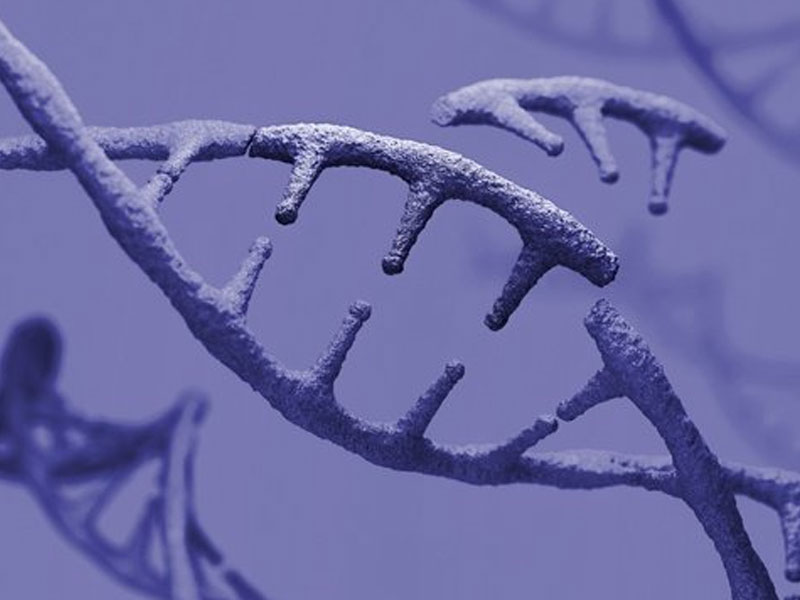UK becomes first to approve Casgevy genetic therapy for blood disorders
SOURCE: HTTPS://INTERESTINGENGINEERING.COM/
NOV 17, 2023
Bluebird officially asks FDA to approve gene therapy for rare blood disorder
SOURCE: BIOPHARMADIVE.COM
SEP 22, 2021

Getty / Edited by BioPharma Dive
U.S. approvals are more important than ever for Bluebird, as the company announced in August plans to wind down its European business.
That decision was shaped by the challenges faced while trying to sell Zynteglo. Bluebird set the therapy's initial price at $1.8 million, making it one of the world's most expensive medicines and a lightning rod for criticism. Pushback from government payers in Europe, coupled with manufacturing setbacks, has resulted in very few patients getting treated with Zynteglo and, in turn, Bluebird recording immaterial revenue from the therapy.
"European payers have not yet evolved their approach to gene therapy in a way that can recognize the innovation and the expected life-long benefit of these products," Andrew Obenshain, Bluebird's president of severe genetic diseases, said in an Aug. 9 statement.
Bluebird may run into similar problems in the U.S., though stateside insurers have previously covered high-priced medicines for diseases with few treatment options. In one more recent example: Zolgensma, the Novartis gene therapy for a rare neuromuscular disorder, carries a list price of $2.1 million, yet the treatment is generally covered for eligible patients.
Before it comes to the U.S. market, though, beti-cel must get the FDA's stamp of approval.
Bluebird's application includes data from four clinical studies, two of which are Phase 3 trials. Altogether, these studies offer 220 patient-years worth of data and, as of March 9, span 63 pediatric, adolescent and adult patients of various genotypes who've been treated with beti-cel.
Should beti-cel ultimately come to the U.S. market, it would join a short list of available therapies for beta-thalassemia. It wasn't until 2019 that the FDA first approved a drug, Celgene's Reblozyl, to treat anemia in adult patients with beta thalassemia who require regular red blood cell transfusions.
The National Organization for Rare Disorders estimates that approximately 1 in every 100,000 people in the U.S. have beta-thalassemia, though rates appear higher in other areas of the world like the Mediterranean, Middle East, Africa and parts of Asia.
An OK for beti-cel would also add to the list of approved gene therapies for inherited diseases, following Spark Therapeutics' Luxturna and Zolgensma. Other companies are also working on gene replacement and gene editing therapies for beta-thalassemia and the related blood disorder sickle cell.
LATEST NEWS
WHAT'S TRENDING


Data Science
5 Imaginative Data Science Projects That Can Make Your Portfolio Stand Out
OCT 05, 2022

SOURCE: HTTPS://INTERESTINGENGINEERING.COM/
NOV 17, 2023
SOURCE: HTTPS://GENETICLITERACYPROJECT.ORG/
SEP 05, 2023
SOURCE: HTTPS://WWW.SCIENCEDAILY.COM/
AUG 07, 2023
SOURCE: HTTPS://WWW.SCIENCEDAILY.COM/
JUL 24, 2023
SOURCE: HTTPS://NEWS.MIT.EDU
JUL 20, 2023
SOURCE: BIOSPACE.COM
OCT 27, 2022